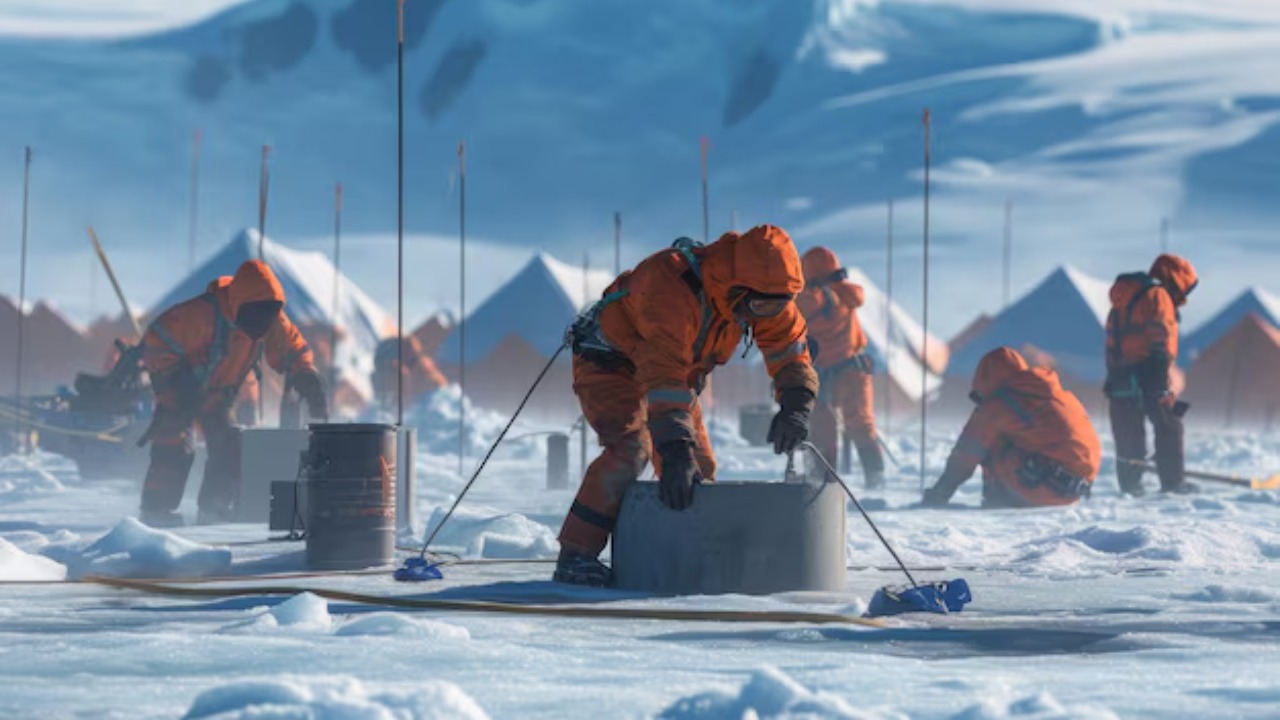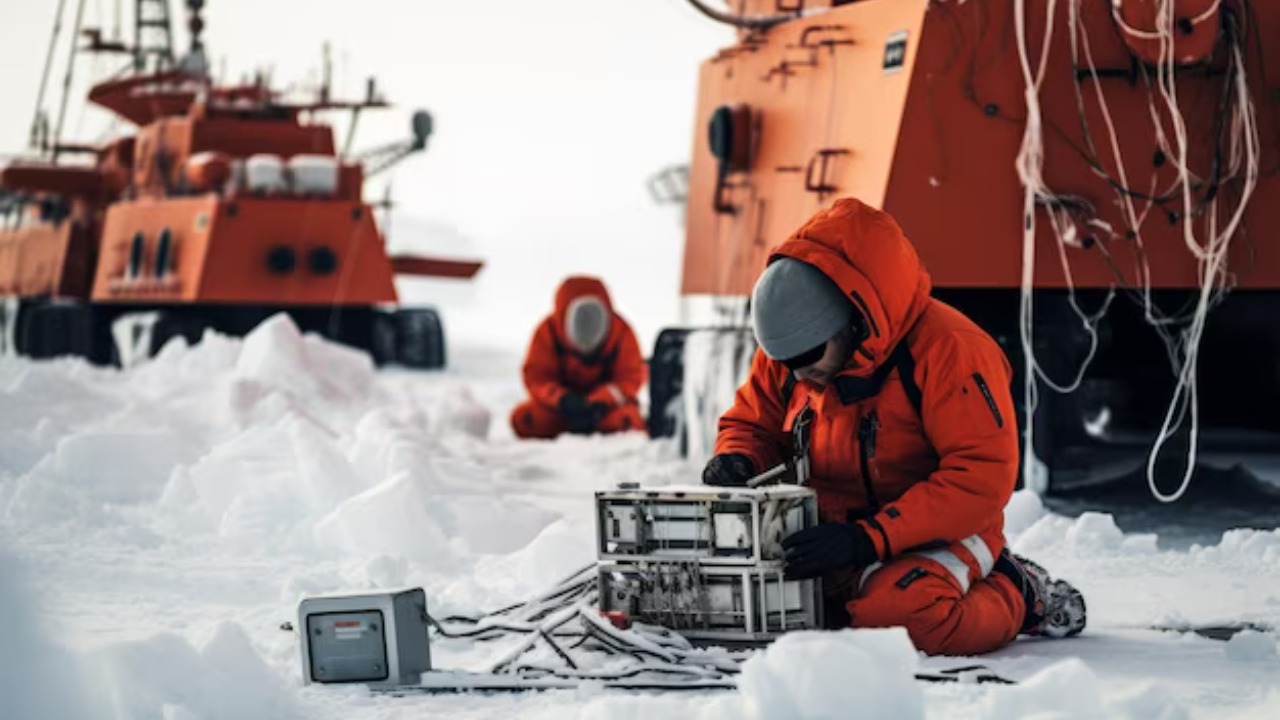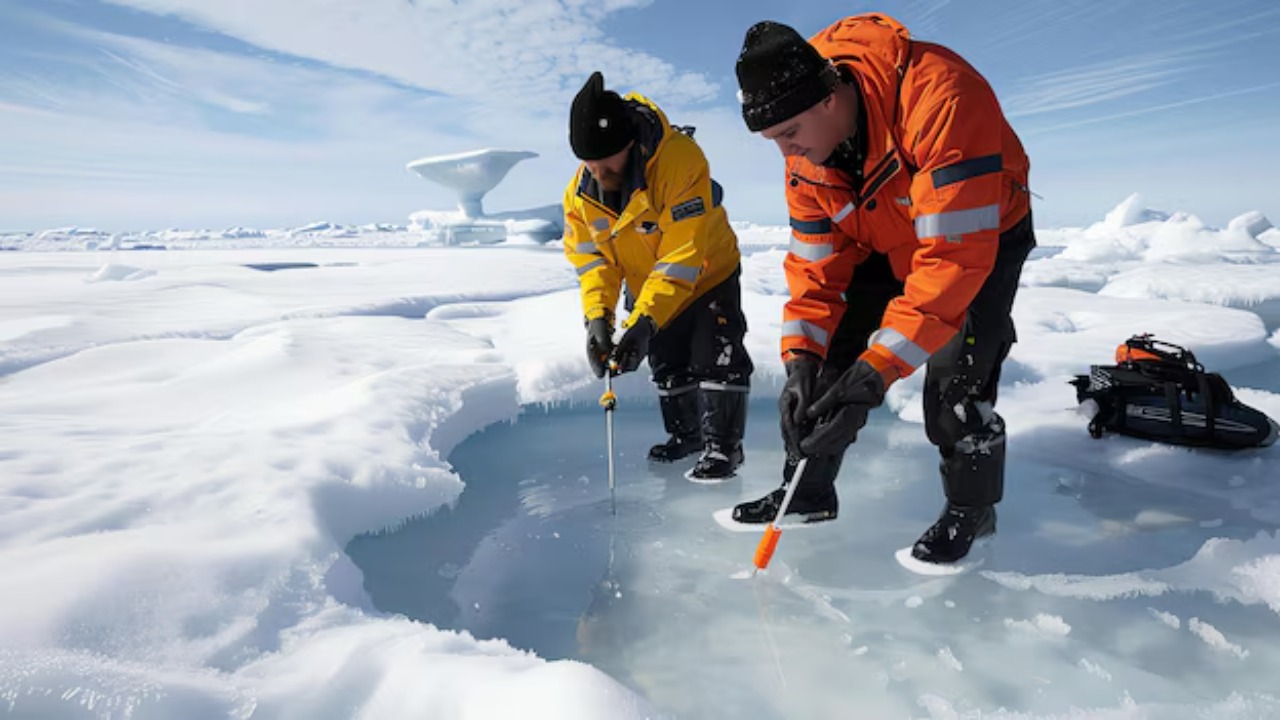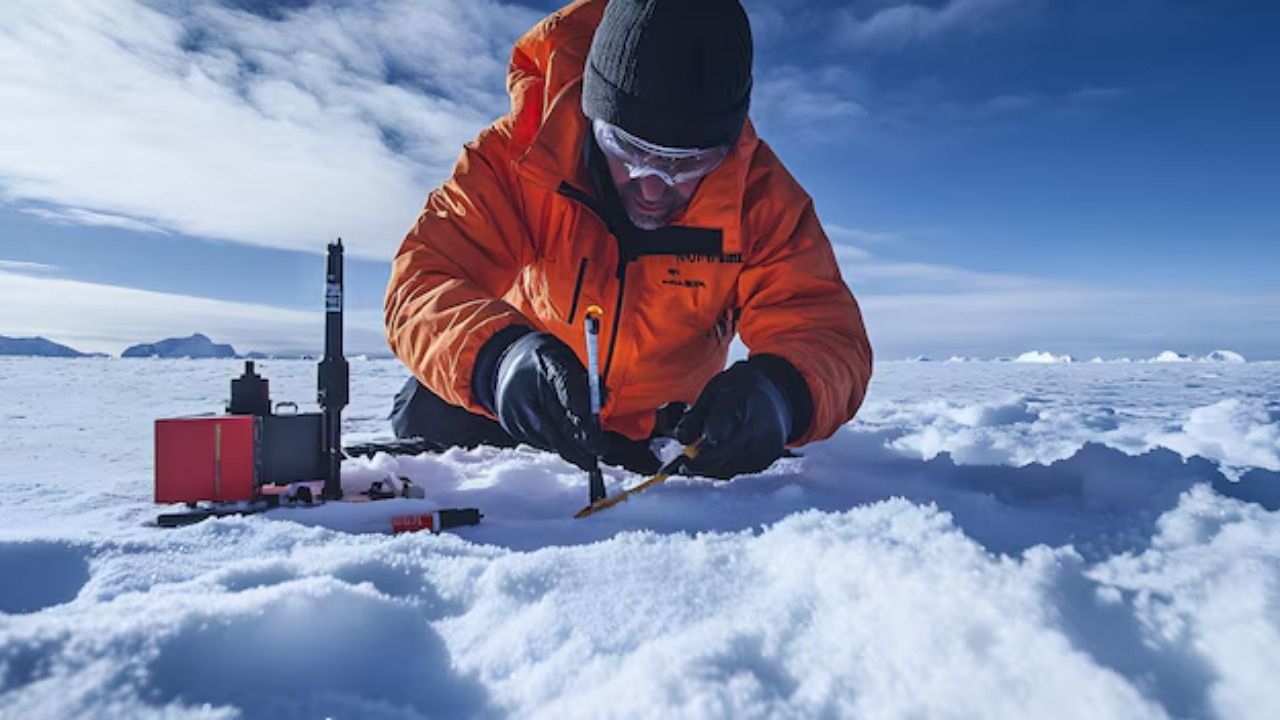In the remote and extreme conditions of Antarctica, a group of scientists is conducting groundbreaking research on time dilation, a concept rooted in Einstein’s theory of relativity. The quietude and isolation of the icy continent provide an ideal setting for experiments that could revolutionize our understanding of time and space. Their work could lead to new insights into the fundamental nature of the universe.
The Scientific Motivation Behind Antarctic Research

Antarctica offers unique conditions that are ideal for studying time dilation. Its isolation and extreme climate create an environment with minimal interference from human activities and other external factors. These conditions allow scientists to conduct experiments that would be impossible elsewhere. The continent’s vast ice sheets and cold temperatures provide a natural laboratory for testing the effects of relativity in extreme environments.
Time dilation, a concept predicted by Einstein’s theory of relativity, is crucial for understanding the relationship between time and space. According to relativity, time moves differently depending on the speed at which an object is moving and the gravitational field it is in. This phenomenon has been tested in various conditions, but Antarctica’s unique environment offers new opportunities to explore these effects further. Past anomalies detected in Antarctic studies, such as mysterious signals from the ice, have sparked interest in conducting more focused research in the region.
Methodologies and Technologies Used

The research conducted in Antarctica relies on advanced detection equipment capable of measuring subtle changes in time and space. Scientists use highly sensitive instruments, including atomic clocks and other time-measuring devices, to detect the minute variations predicted by relativity. These tools are essential for capturing data in such a remote location, where traditional methods would be insufficient.
International and interdisciplinary collaborations are crucial for this research. Teams comprised of physicists, engineers, and environmental scientists work together to design experiments and interpret findings. These partnerships also help overcome the logistical and environmental challenges of conducting research in such a harsh climate. The extreme cold and isolation require innovative solutions to ensure the safety and success of fieldwork. Scientists have developed specialized equipment and protocols to deal with the unique challenges posed by the Antarctic environment.
Recent Discoveries and Insights

Recent studies have uncovered mysterious radio pulses detected in the Antarctic ice that defy known laws of physics. These signals have intrigued scientists because they could indicate the presence of new physical phenomena. Some researchers speculate that these findings could point to a new understanding of particle physics, potentially leading to discoveries beyond the standard model.
The implications of these discoveries extend beyond theoretical physics. If confirmed, they could alter our understanding of time and its interaction with space. The data collected from these experiments might offer new insights into the fundamental nature of the universe, potentially reshaping our concepts of time and reality. As researchers delve deeper into these anomalies, the possibility of uncovering new physics becomes increasingly plausible.
Ethical and Global Implications

Breakthroughs in Antarctic time dilation studies could have a significant impact on the global scientific community. By advancing our understanding of time and space, these findings may influence research and policy across various scientific disciplines. The potential for new technologies and applications arising from this research could also drive innovation in fields such as communication and space exploration.
However, conducting research in Antarctica comes with environmental concerns. Scientists must be mindful of the impact their activities have on this fragile ecosystem. Measures are taken to minimize harm, such as strict guidelines for waste disposal and protocols for minimizing human presence. The future of this research will likely involve ongoing efforts to balance scientific exploration with environmental preservation.
The Fascination with Time and Space

Humanity’s fascination with time and space is deeply rooted in our desire to understand the universe. The pursuit of knowledge about the nature of time is a testament to our curiosity and drive for exploration. As scientists continue to unravel the mysteries of time dilation, these discoveries could lead to profound cultural and philosophical shifts in how we perceive time.
Beyond scientific implications, these studies may influence broader perspectives on existence and reality. The potential for new physics challenges existing paradigms and invites us to reconsider our place in the universe. As researchers push the boundaries of our understanding, the exploration of time and space remains a captivating and transformative endeavor for all of humanity.